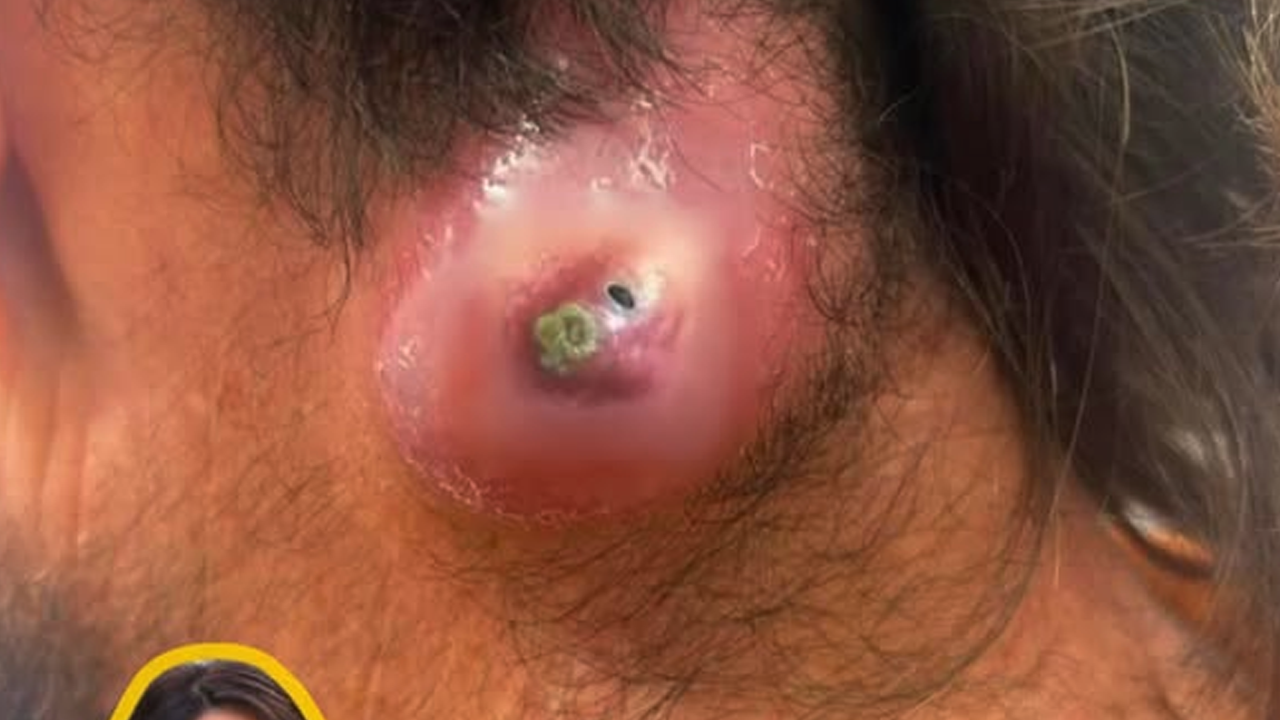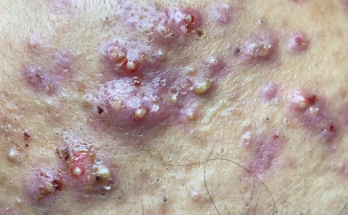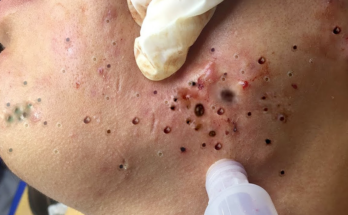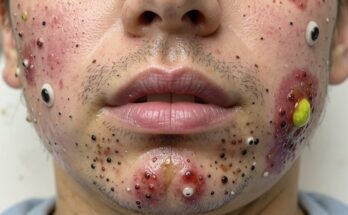Understanding and Tackling Blackheads: A Comprehensive Guide
Blackheads, those pesky dark spots on our skin, are a common skin concern. But what exactly causes them, and what can we do to effectively manage them? Let’s delve into the details.
The Root Cause of Blackheads
Clogged Pores: The Culprit
Blackheads, medically known as open comedones, are essentially clogged pores. This blockage occurs when a combination of dead skin cells, excess sebum (oil produced by your skin), and bacteria become trapped within a hair follicle. The pore, unable to effectively shed these materials, becomes obstructed, leading to the formation of a blackhead. The dark color isn’t dirt, but rather the oxidation of the trapped sebum exposed to air.
Common Locations
These blemishes frequently appear on the face, particularly on the nose, chin, and forehead. However, blackheads can also develop on other areas of the body, including the chest and back.
Prevention Strategies: Keeping Pores Clear
Preventing blackheads starts with establishing a consistent skincare routine focused on keeping pores clean and unclogged.
Gentle Cleansing: The Foundation
Washing your face daily with a gentle cleanser is crucial. This helps remove dirt, excess oil, and other impurities that can contribute to clogged pores.
Exfoliation: Removing Dead Skin Cells
Regular exfoliation (two to three times a week) is equally important. This process helps remove the buildup of dead skin cells that can contribute to pore blockage. Choose a gentle exfoliant appropriate for your skin type to avoid irritation.
Treating Existing Blackheads
While prevention is key, existing blackheads can be addressed.
At-Home Extraction: Proceed with Caution
While tempting, squeezing or popping blackheads can damage your skin and potentially lead to scarring or infection. If you choose to attempt at-home extraction, ensure your hands and tools are meticulously clean. Gently pressing around the edges of the blackhead might release the blockage, but forceful squeezing should be avoided. Consult a dermatologist for guidance on safe extraction techniques.
Professional Treatments for Persistent Blackheads
For persistent or severe blackheads, professional help may be necessary.
Dermatological Expertise: Personalized Solutions
A consultation with a dermatologist or skincare expert is invaluable. They can accurately assess your skin type, identify the root cause of your blackheads, and recommend appropriate treatment options tailored to your specific needs. This might include various in-office treatments, a customized skincare regimen using professional-grade products, or a combination of both.
Professional Treatments: A Range of Options
Professional treatments can range from topical medications to address acne-causing bacteria, oral medications for severe cases, and even laser therapy for stubborn blackheads. For hormonal acne, a more holistic approach targeting hormonal balance might be recommended, often involving less medication and more focused, targeted treatments. The decision on the appropriate treatment will depend on the severity and the individual’s response to less intensive treatments.
Long-Term Skin Health: A Holistic Approach
Effective blackhead management requires a multifaceted approach.
Home Care: Maintaining Results
Even with professional treatments, consistent home skincare is vital. This includes continued cleansing, exfoliation, and the use of prescribed topical products. It’s crucial to avoid over-treating the skin, as excessive use of topical treatments (like steroids or antibiotics) can damage the skin in the long run.
Stress Management: A Surprising Factor
Stress can exacerbate acne, so managing stress levels through techniques like exercise, meditation, or other relaxation methods can be beneficial for overall skin health.
Alternative and Additional Treatments
Beyond the standard approaches, other options exist.
Oral Medications: A More Aggressive Approach
For severe or extensive acne that doesn’t respond to topical treatments, oral medications such as antibiotics or isotretinoin might be prescribed.
Hormonal Therapies: Addressing the Root Cause
If hormonal imbalances are contributing to acne, treatments like birth control pills or hormonal therapies might be considered to regulate hormone levels and improve skin clarity. Other treatments such as hormonal drainage and extraction may be explored in conjunction with these treatments. Phototherapy and laser treatments are options for specific skin conditions that don’t respond well to conventional therapies. These treatments target the underlying cause of the blemishes for long-term results. Remember, consistency is key when incorporating any of these treatments into your routine for optimal outcomes.



